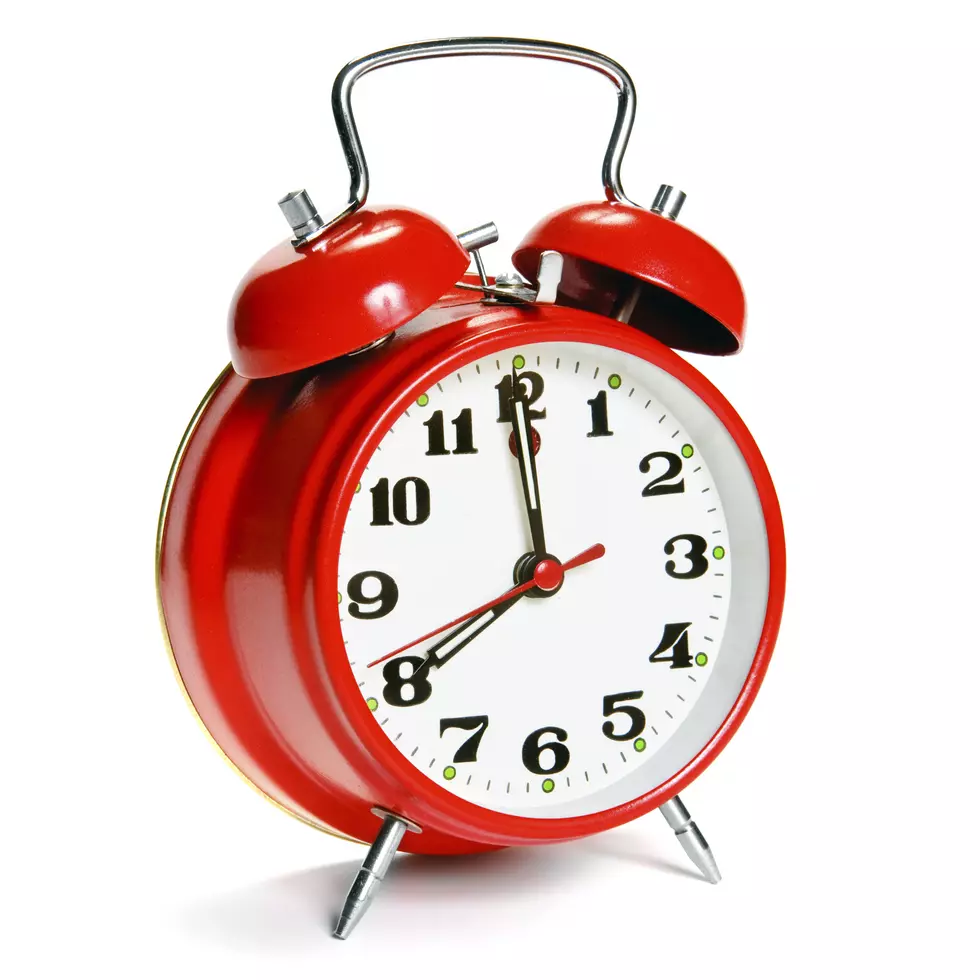
Alarm Clocks Cause Alarm
Every evening, I tell myself I'm going to get to bed earlier and most nights it doesn't happen. Adequate sleep is a rarity for a lot of Americans. We tend to put things off until it's later than it should be, things come up, or some of us have so much going on that we just can't keep up with daily tasks. This is life. We set the alarm and wake each morning more tired than the last, but could that alarm be hazardous to our health?
When morning arrives with a buzzing sound (or if you're like me, a metal pendulum banging against two bells), what does it put your body through? Is it dangerous to awaken in an alerted state of mind? Guiding echoes explains "there is the adrenaline that is quickly pumped through your veins, because your body is scared and is expecting danger" and suggests some great alternatives to scaring yourself awake. Like, "get an alarm clock that doesn’t have an alarm, but sounds of nature".
Belief Net takes the theory of avoiding the scare tactic to awaken even further by comparing what different cultures believe about sleep, listing various ways that they awaken guests, family, or friends. Did you know that some cultures believe that "the soul travels when we are asleep"? We have to wake up on time to get to where we're going, but a more subtle approach, Belief Net suggests, is key.
Smithsonian suggests that setting those alarm clocks each evening could even contribute to an individual being overweight by messing with our internal clocks. "This central clock acts as a pacemaker, synchronizing other cellular clocks that scientists believe exist throughout the body". It's a very interesting read, especially if you're a night-shift worker.
Whichever way you choose to wake up in the morning is your decision. If you sleep as soundly as I do, you may not find a peaceful alternative to being roused from slumber. If you're a lighter sleeper, though, maybe a subtler approach is worth a try.
More From Mix 92.3


![Behka’s Enquiring Minds: Waking Up [SURVEY]](http://townsquare.media/site/467/files/2014/06/2819pre_7a022a637e0c35d.jpg?w=980&q=75)






